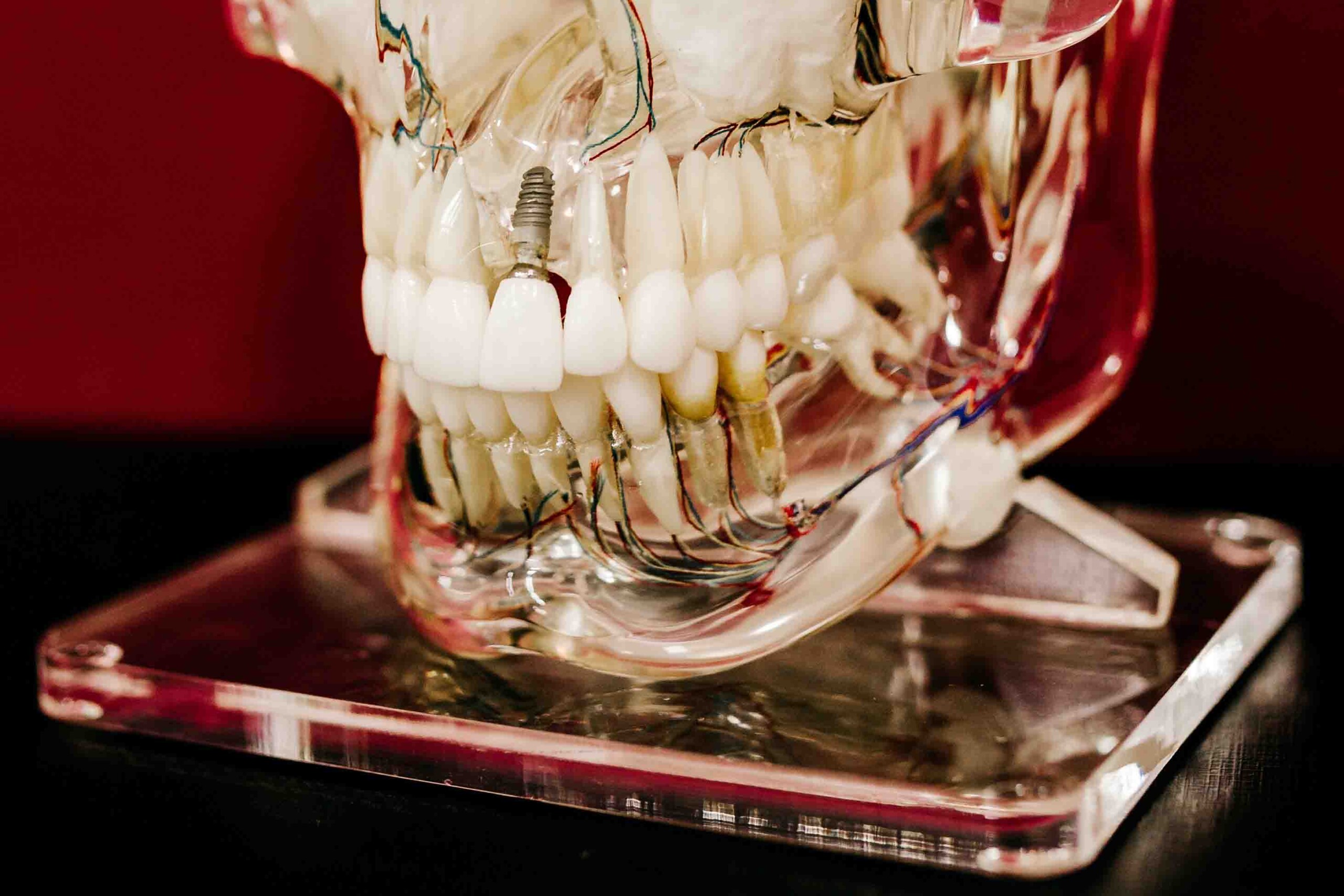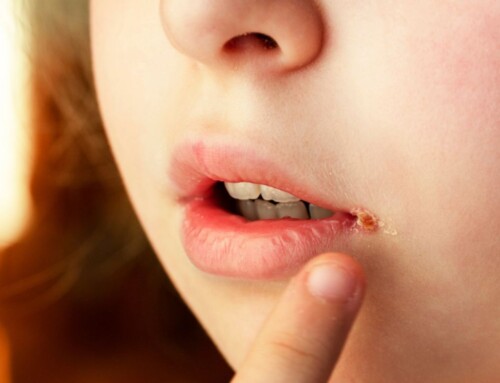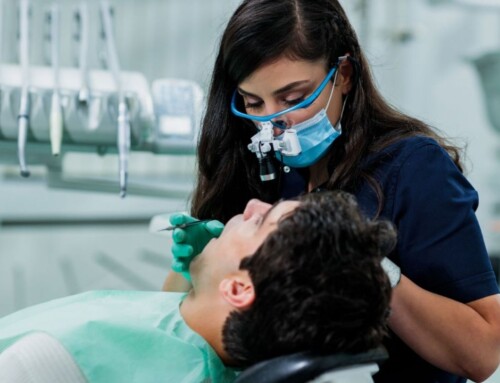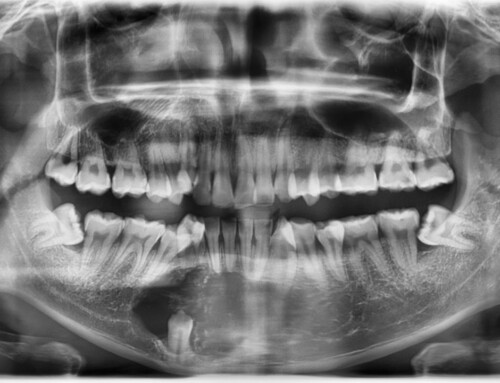
After many hours of intensive research, you have concluded that you need a dental bridge but what about aftercare? Once your dental bridge is done, aftercare negligence may result in various teeth and gum issues. If you want to increase the lifespan of your dental bridge here’s a guide to help you:
Do not chew on ice or hard food
Traditional bridges are made of metal, porcelain-fused-to-metal or ceramics. Although the ceramic and porcelain bridges are sturdy, they can still break and fracture due to extreme force or pressure, just like healthy teeth. So don’t chew on ice or hard food after getting a bridge. Refrain from opening bottles or food packaging with your bridged tooth as well. All these may contribute to irreversible damage to your teeth.
Keep your teeth and gums clean
Whether you have a fixed or partial dental bridge, it’s crucial to take care of them daily. Your prosthetic teeth need cleaning. If you skip cleaning your bridge thoroughly, plaque may build up on the teeth and cause gum problems. The underlying tooth may also suffer from decay due to the buildup. Therefore, it’s important to brush your dental restoration daily. Use a soft-bristled toothbrush to prevent the accumulation of plaque and tartar.
Flossing is necessary
To keep your bridges clean and safe from plaque build ups, you should never skip flossing. Flossing is one of the essential rituals in your oral-care regimen. Flossing daily prevents food particles and bacteria buildups between your teeth. Flossing your teeth after every meal and before going to bed, will keep your mouth clean and prolong the longevity of your dental bridge.
Include fluoride rinse in your regimen
Brushing with fluoride toothpaste helps protect your teeth from decay. Leading health organizations recommend water fluoridation. For dental bridges, the purpose of using fluoride rinse is to protect your teeth against decay, especially if you are at a higher risk of cavities or dental infections. While the bridge stops a tooth from further decay and damage, a regular fluoride rinse fortifies the foundation of teeth.
Give up smoking
Chewing tobacco and smoking can have an adverse effect on the healing process after the dental bridge procedure. They are also a contributing factor to gum diseases and tooth decay. Nicotine in cigarettes can stain your teeth; if you don’t want to spend money on teeth whitening, you should avoid cigarettes altogether.
Avoid alcohol consumption
Like cigarettes, alcoholic beverages are also a no-go! Excessive alcohol consumption can erode your prosthetic tooth and dental caps. Therefore, avoid alcoholic beverages for at least a week after getting a bridge placed. Furthermore, limit your alcohol consumption afterward to ensure the health of your teeth, gum, and prosthetics.
Never skip the follow-up visits
Lastly, don’t forget to attend follow-up visits. Attending the follow-up visits will help you and your dentist understand how you are adjusting to the bridge. If you feel discomfort or face issues, you should report that to your dentist during the follow-up sessions.
Dentist in Uptown Charlotte
It’s natural for you to be scared when you meet your dentist for a dental restoration treatment. Dr. Khalil Mjahed is there to help you out, if you have any questions or worries about treatment. Just give his office a call at 704-910-5006. You can also schedule an appointment via the website.





